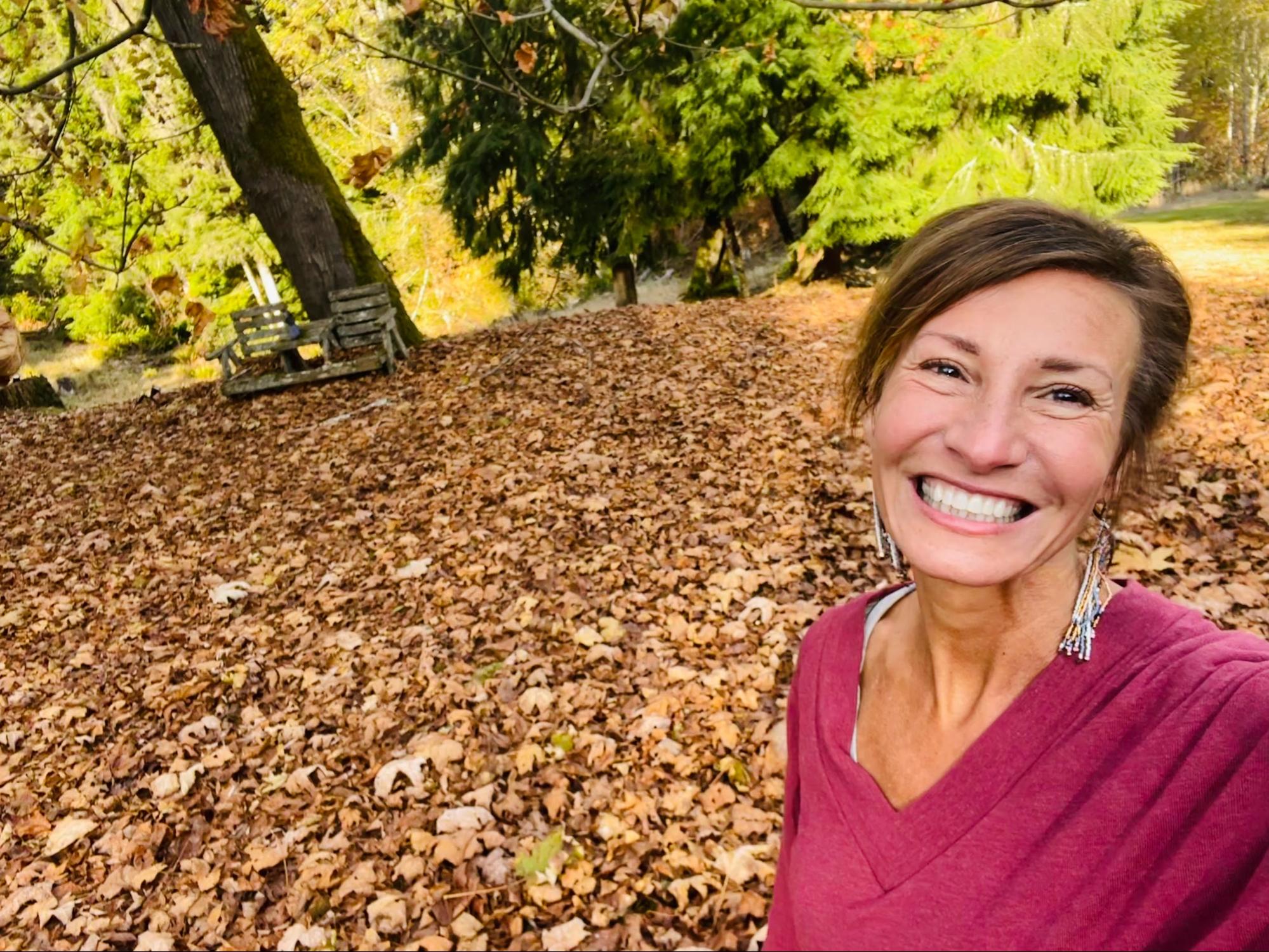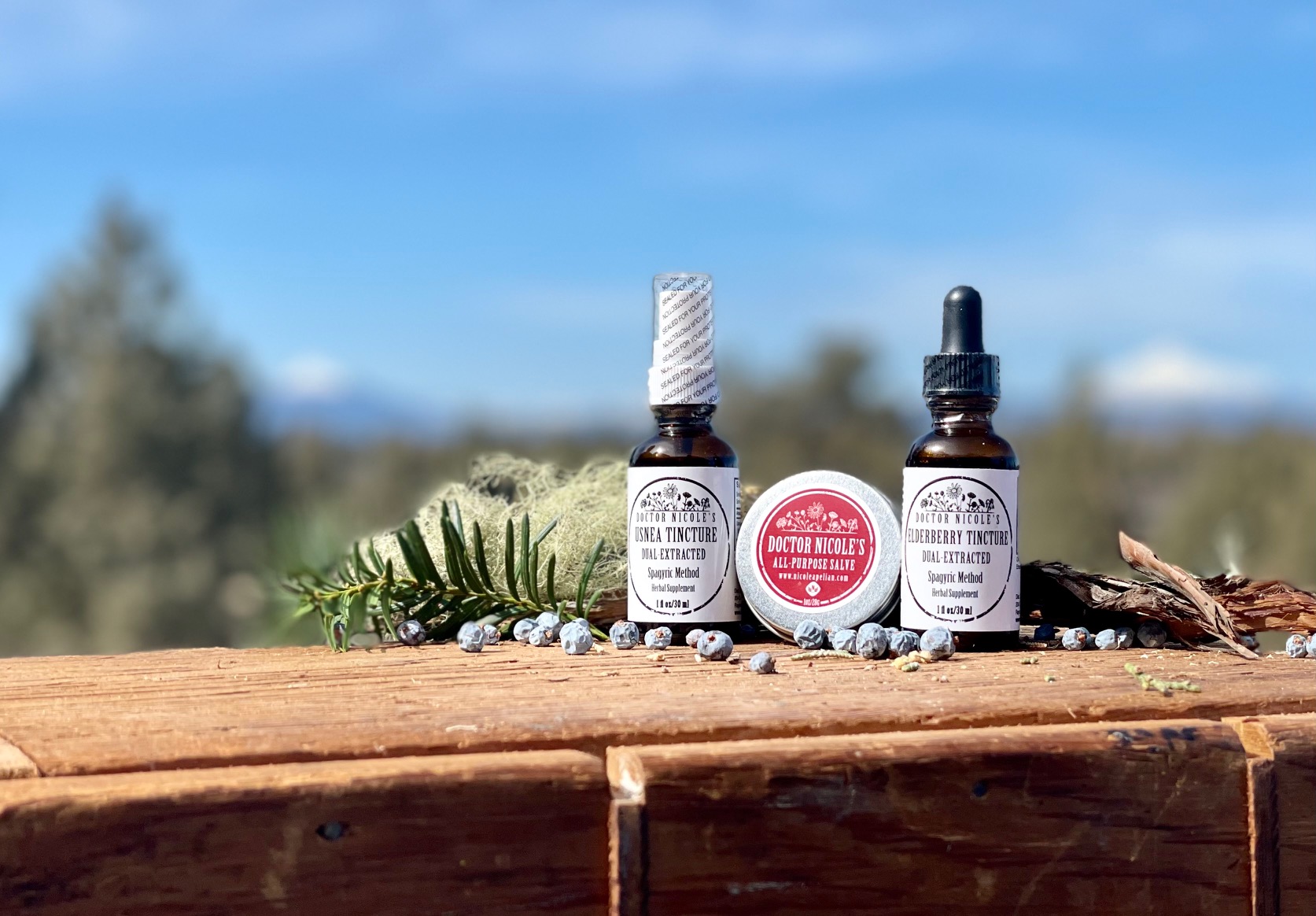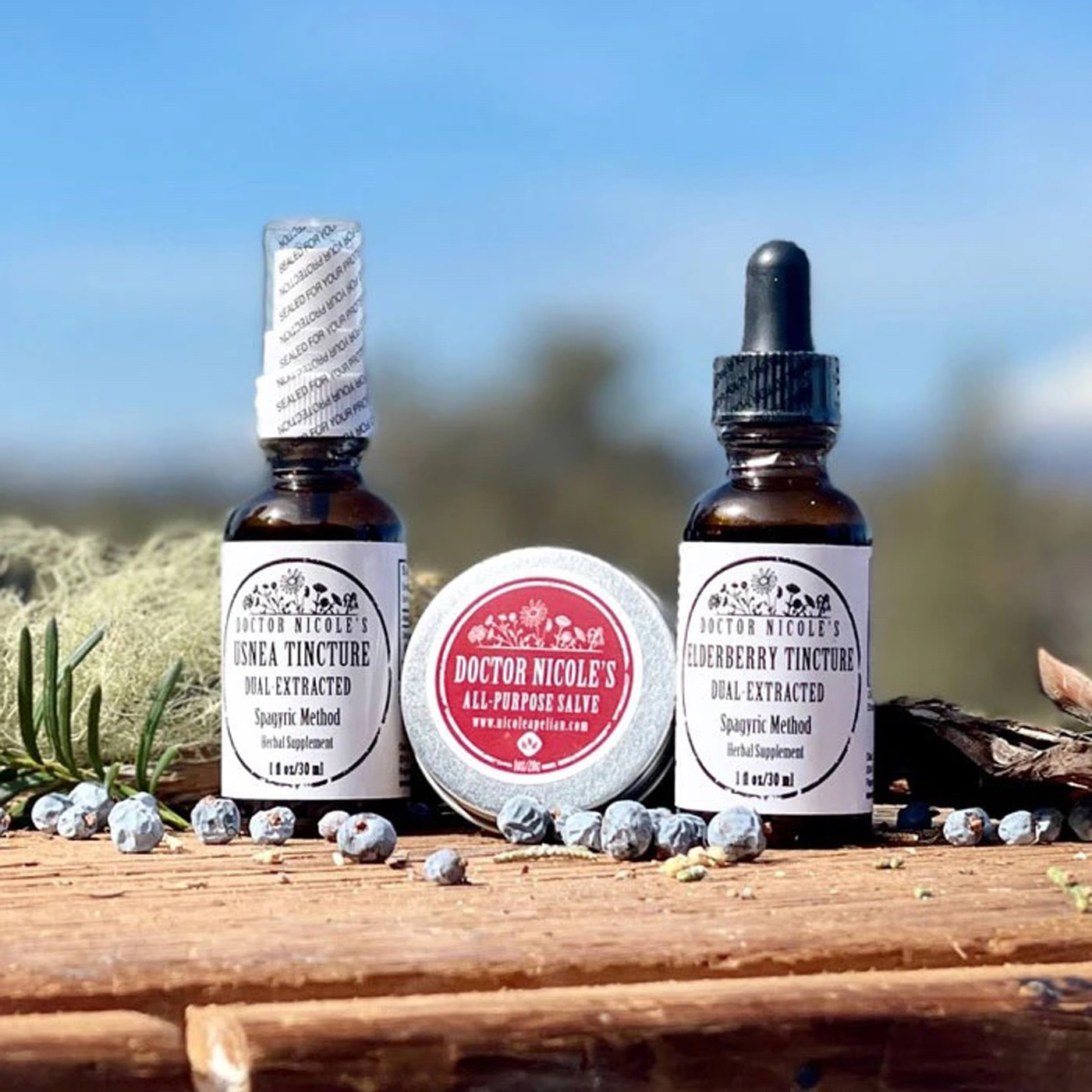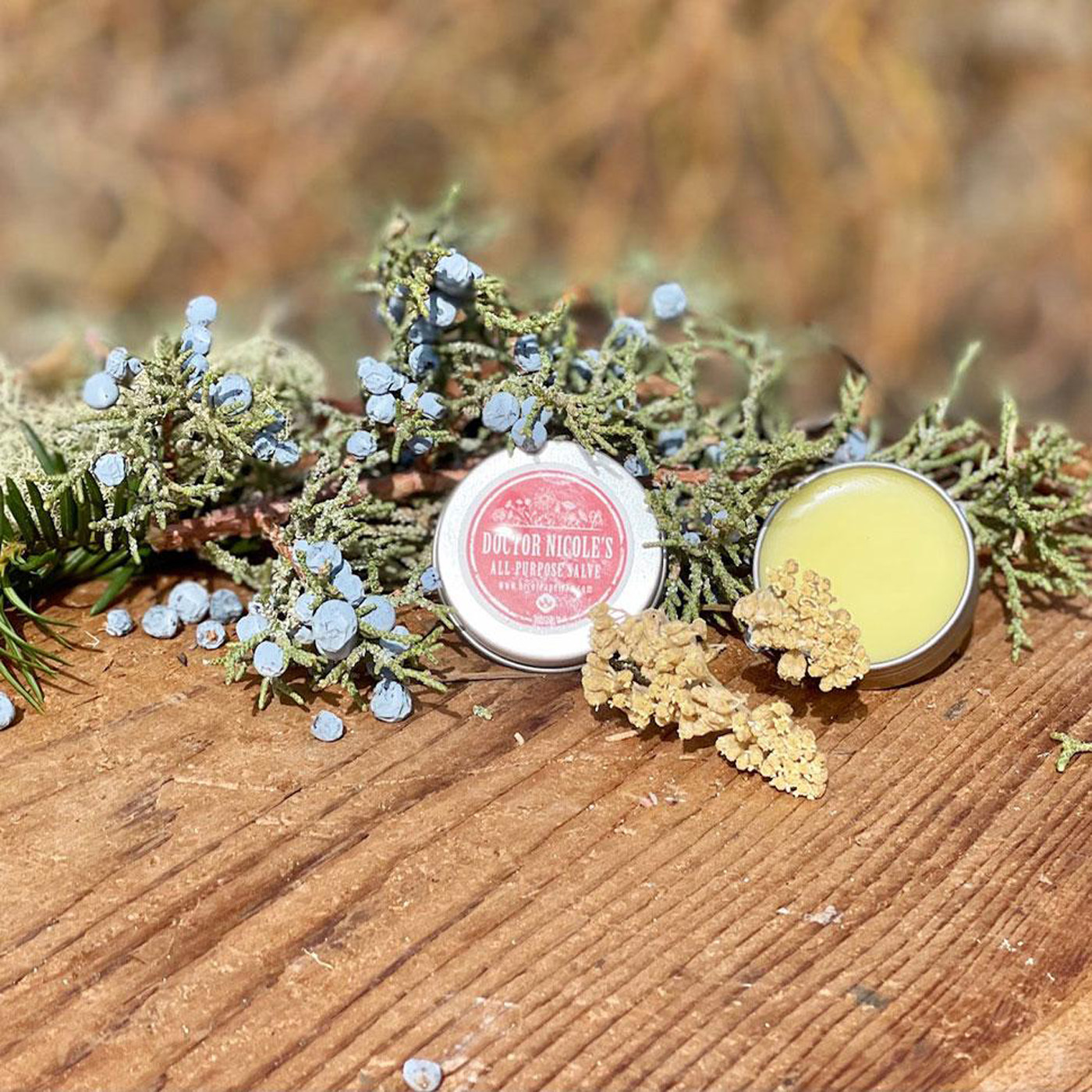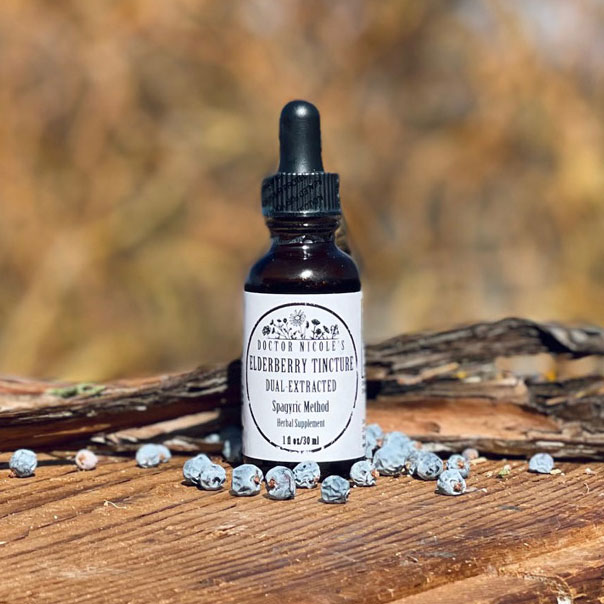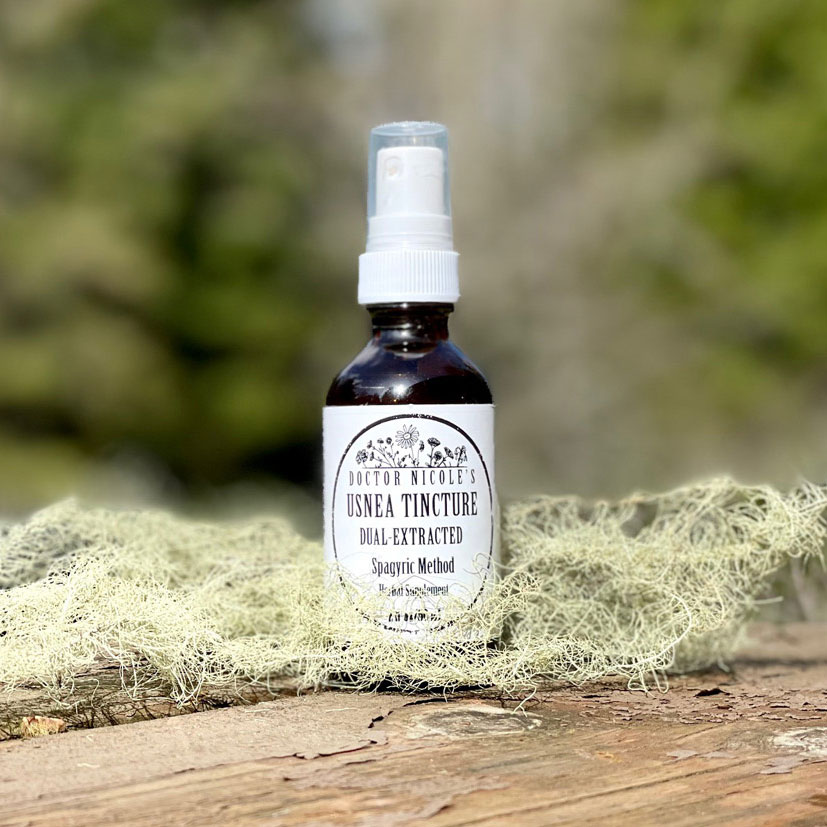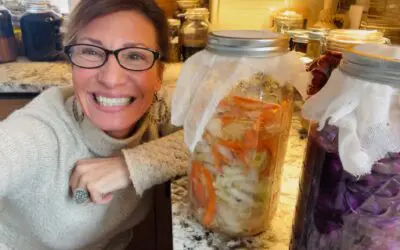A Humble Fruit With Surprising Benefits
As we head into autumn, one of the hallmarks of the season is the abundance of pumpkin in all its glorious forms. Think: Sweet bread, pie, savory soups, cookies, and even ice cream. It truly is one of the most versatile fruits around. Is pumpkin really a fruit? Strictly speaking, yes! While most of us view it as a vegetable because of how it is prepared, the fact that it grows from a flower and requires pollination classifies it as a fruit.14
However you view this unpretentious plant, it goes without saying that pumpkin can brighten any fall menu. It is also jam-packed with nutrients that boost health to reduce your risk of chronic disease and protect against contagious illness. What’s more, pumpkin promotes weight loss and supports beautiful skin. Sound too good to be true? Let’s have a look at what science has to say about this humble, yet surprisingly nutritious winter squash.
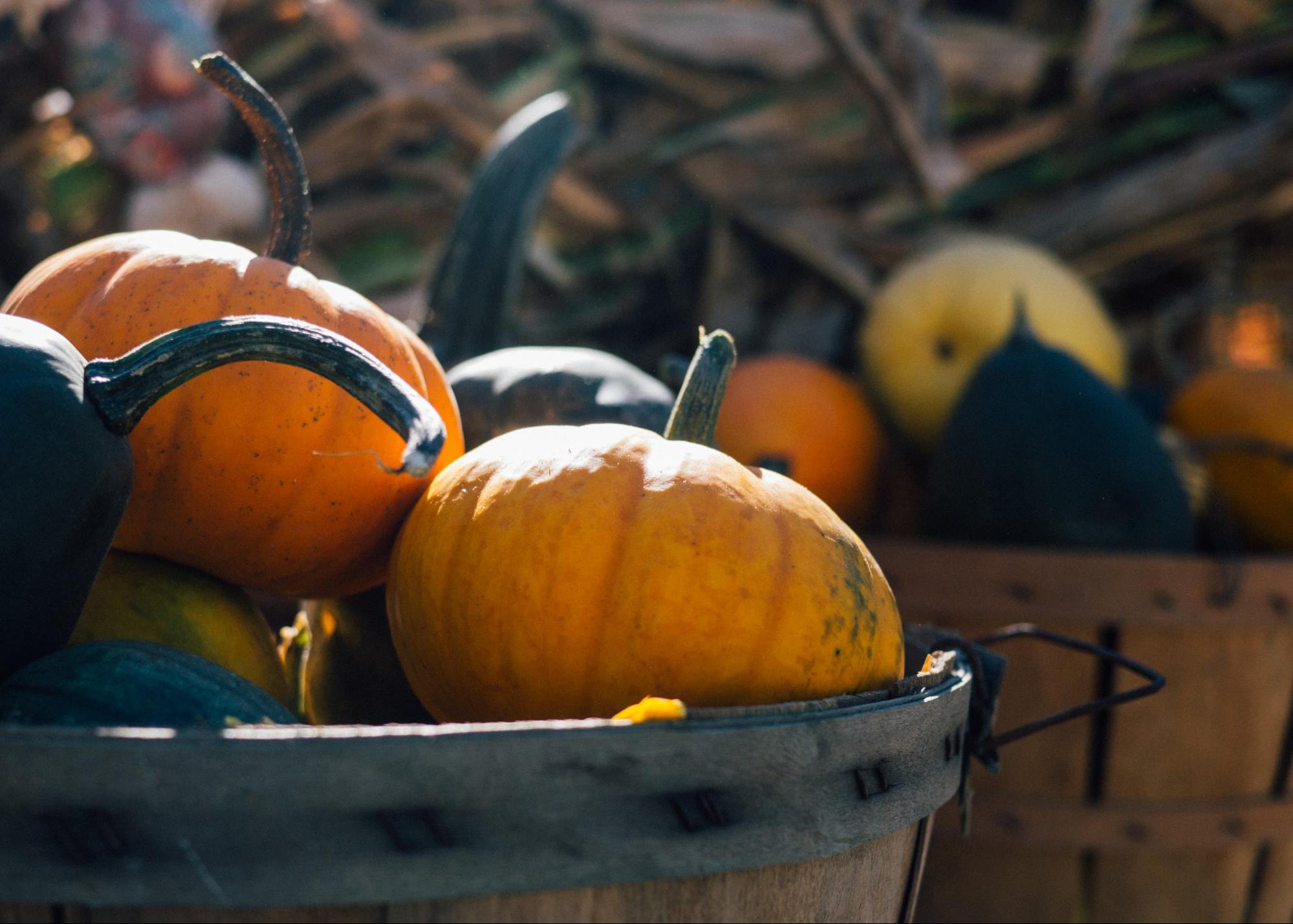
6 Reasons Why You Should Enjoy More Pumpkin
High in Antioxidants. This cheery fruit is one of the best sources of antioxidants you can find in the plant kingdom. It is rich in alpha-carotene, beta-carotene, and beta-cryptoxanthin, which protect against free radical damage to your cells from sun exposure. These antioxidants also help to lower your risk of cancer, eye diseases, type II diabetes, cardiovascular disease, obesity, and metabolic syndrome.1,2,3
Supports Immunity. Loaded with vitamin A, pumpkin is also a good source of vitamins C, E, and folate, as well as iron and copper. These nutrients have been shown to help strengthen the immune system to fight infections and illness, as well as assisting in healing wounds. Vitamin C in particular is known to increase white blood cell production for increased immunity.4,5,6
Cardiovascular Benefits. Along with vitamin C, this fall favorite is also high in potassium and fiber, which are associated with cardiovascular benefits. Research has found when you have a higher intake of potassium, it lessens your risk of stroke and lowers blood pressure — which in turn reduces the likelihood of cardiovascular disease.7 The high antioxidant profile of pumpkin may also protect against “bad” LDL cholesterol oxidizing, thereby helping to prevent cholesterol particles from clogging blood vessels that can lead to heart disease.8
Protects Your Vision and Bone Density. An excellent source of manganese, pumpkin may help defend against bone loss and fractures.12 Additionally, this nutrient has anti-inflammatory properties that help to support vision and reduce the risk of macular degeneration.13 Vitamin A is also outstanding for protecting your eyesight against disease.
Encourages Beautiful Skin. Need another reason to embrace pumpkin? It is packed with antioxidants and vitamins that are terrific for your skin. The carotenoids found in pumpkin (such as beta-carotene) are turned into vitamin A through the processes of the body. Why is this important? Because it acts like a natural sunblock to help protect cells against harmful UV rays. The lutein, zeaxanthin, and vitamin E found in pumpkin also boost the defenses of your skin against UV damage. Moreover, vitamin C and manganese both assist in the production of collagen, further supporting healthy and strong skin.9,10,11
Herbal Solutions: Immunity
Along with including plenty of pumpkin in your diet, my Travel Pack is an outstanding, all-natural solution for boosting your immunity and side-stepping illness. If you are tired of being sick during the cold and influenza season, which, honestly, seems to be year-round these days, this mighty botanical trio is for you. In fact, I personally never leave home without it!
Our convenient bundle contains a potent elderberry extract, antimicrobial usnea throat spray, and a tin of our antiviral/antibacterial all-purpose salve, which can be used on the inside of the nose as a defense against viruses and bacteria.
Armed with these powerful natural medicines, they will help you to have bulletproof immunity and sail through the season without downtime due to illness. If you do happen to pick up a bug, elderberry will get you back on track quickly by shortening the duration.
Are you ready to fortify yourself against the cold and flu season? Now’s the time to stock-up on these and other natural remedies by visiting the apothecary today!
Nicole Apelian
Nicole’s Apothecary Products in this Post
References
- Stahl, W., & Sies, H. (2012). β-Carotene and other carotenoids in protection from sunlight. The American journal of clinical nutrition, 96(5), 1179S–84S. https://doi.org/10.3945/ajcn.112.034819
-
Johnson E. J. (2002). The role of carotenoids in human health. Nutrition in clinical care : an official publication of Tufts University, 5(2), 56–65. https://doi.org/10.1046/j.1523-5408.2002.00004.x
-
Marcelino, G., Machate, D. J., Freitas, K. C., Hiane, P. A., Maldonade, I. R., Pott, A., Asato, M. A., Candido, C. J., & Guimarães, R. C. A. (2020). β-Carotene: Preventive Role for Type 2 Diabetes Mellitus and Obesity: A Review. Molecules (Basel, Switzerland), 25(24), 5803. https://doi.org/10.3390/molecules25245803
-
Spencer, S. P., & Belkaid, Y. (2012). Dietary and commensal derived nutrients: shaping mucosal and systemic immunity. Current opinion in immunology, 24(4), 379–384. https://doi.org/10.1016/j.coi.2012.07.006
-
Carr, A. C., & Maggini, S. (2017). Vitamin C and Immune Function. Nutrients, 9(11), 1211. https://doi.org/10.3390/nu9111211
-
Maggini, S., Wintergerst, E. S., Beveridge, S., & Hornig, D. H. (2007). Selected vitamins and trace elements support immune function by strengthening epithelial barriers and cellular and humoral immune responses. The British journal of nutrition, 98 Suppl 1, S29–S35. https://doi.org/10.1017/S0007114507832971
-
Filippini, T., Violi, F., D’Amico, R., & Vinceti, M. (2017). The effect of potassium supplementation on blood pressure in hypertensive subjects: A systematic review and meta-analysis. International journal of cardiology, 230, 127–135. https://doi.org/10.1016/j.ijcard.2016.12.048
-
Milde, J., Elstner, E. F., & Grassmann, J. (2007). Synergistic effects of phenolics and carotenoids on human low-density lipoprotein oxidation. Molecular nutrition & food research, 51(8), 956–961. https://doi.org/10.1002/mnfr.200600271
-
Pandel, R., Poljšak, B., Godic, A., & Dahmane, R. (2013). Skin photoaging and the role of antioxidants in its prevention. ISRN dermatology, 2013, 930164. https://doi.org/10.1155/2013/930164
-
Stahl, W., & Sies, H. (2012). β-Carotene and other carotenoids in protection from sunlight. The American journal of clinical nutrition, 96(5), 1179S–84S. https://doi.org/10.3945/ajcn.112.034819
-
Pullar, J. M., Carr, A. C., & Vissers, M. C. M. (2017). The Roles of Vitamin C in Skin Health. Nutrients, 9(8), 866. https://doi.org/10.3390/nu9080866
-
Yadav, M., Jain, S., Tomar, R., Prasad, G., & Yadav, H. (2010). Medicinal and biological potential of pumpkin: An updated review. Nutrition Research Reviews, 23(2), 184-190. doi:10.1017/S0954422410000107
-
“Pumpkin Picking for Eye Health” American Optometric Association, October 14, 2019. https://www.aoa.org/news/clinical-eye-care/health-and-wellness/pumpkin-nutrition-benefits?sso=y
-
“Is Pumpkin a Fruit or a Vegetable?” AgriLife Today, October 26, 2021. Is a pumpkin a fruit or a vegetable?https://agrilifetoday.tamu.edu/2021/10/26/is-a-pumpkin-a-fruit-or-a-vegetable/

